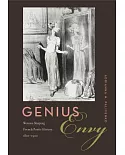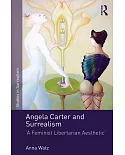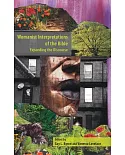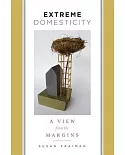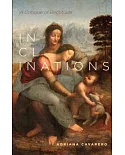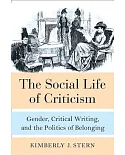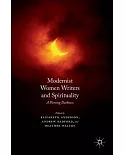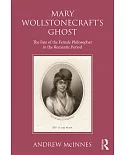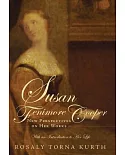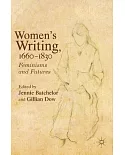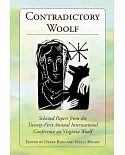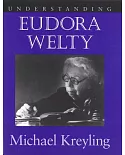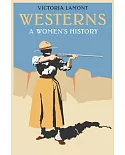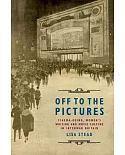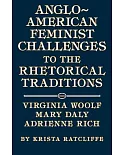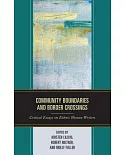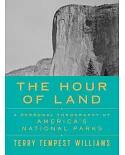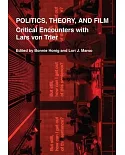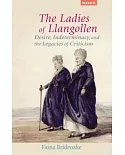This collection of 14 essays explores the intersections between pedagogy, stage performance and identity-construction, especially gender, in early modern England. The contributors argue that
stage in the early modern period was a key site in the education of boys and girls, and that part of what was learned vis-獺-vis the theatre was a newly self-reflexive mode of performing social
roles, particularly gender-roles. The essays are organized into four sections on humanism and its discontents, manifestations of manhood, decoding domesticity, and performing pedagogy. The
sorts of questions they pursue have to do with the relationship between child and pupil, between non-literary (educational) texts and representations of pedagogy on stage, how women understood
their roles in educational contexts and how parents expected their children to perform as educated actors. A number of the essays work with Shakespeare, but also non-Shakespearean drama and
poetry, as well as non-literary work on pedagogy from the period. The contributors are mostly American professors with backgrounds in English literature, theatre and women studies. Annotation
穢2012 Book News, Inc., Portland, OR (booknews.com)


